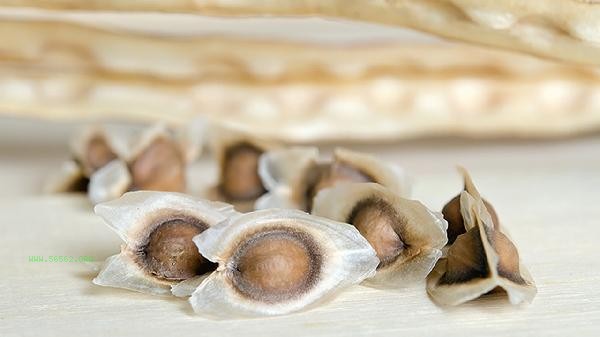Eating less meat during adolescence may lead to insufficient intake of protein and trace elements, affecting growth, development, and immune function. Meat is an important source of high-quality protein, iron, zinc, and vitamin B12. Long term insufficient intake may lead to problems such as anemia, weakened immunity, and decreased muscle mass. Adolescence requires a high level of nutrition, so it is important to pay attention to a balanced diet.

1. Protein deficiency
Meat is the main source of high-quality protein, and insufficient protein intake can affect muscle synthesis and organ development. During adolescence, the body is in a period of rapid growth, with a high demand for protein. Long term deficiency may lead to delayed growth and decreased physical strength. Although plant proteins such as legumes can partially replace them, their absorption and utilization rates are relatively low.
2. Iron deficiency anemia
Red meat is rich in heme iron, with a much higher absorption rate than plant-based iron. Adolescent women are more prone to iron deficiency due to menstrual bleeding, and insufficient meat intake may lead to symptoms such as dizziness, fatigue, and lack of concentration. Animal liver and blood products are also options for iron supplementation, but vegetarians need to supplement with vitamin C to promote iron absorption.
3. Insufficient Zinc
Shell seafood and red meat have high zinc content, and zinc is crucial for sexual development and immune function. Zinc deficiency during adolescence may lead to decreased taste, delayed wound healing, and worsening acne. Nuts and whole grains contain zinc but phytic acid affects absorption, and their utilization efficiency needs to be improved through fermentation or soaking.

4. Vitamin B12 deficiency
Vitamin B12 is almost exclusively found in animal based foods and is involved in the development of the nervous and blood systems. Long term vegetarianism may cause numbness in the hands and feet, memory loss, and in severe cases, irreversible nerve damage. Dairy products and eggs can provide some B12, but vegans need to supplement it additionally.
5. Insufficient energy supply
Meat provides high-density energy, suitable for rapid metabolic needs during adolescence. Insufficient substitution may lead to excessive intake of carbohydrates, causing blood sugar fluctuations or obesity. Reasonable combination of eggs, dairy products, soy products, and nuts can make up for some nutritional gaps, but attention should be paid to meeting the total calorie requirements. Adolescence diet should be diversified, and vegetarians should increase their intake of beans, nuts, and dark vegetables. If necessary, they should supplement nutrients under the guidance of a doctor. Eat fish or poultry at least 2-3 times a week, and consume red meat in moderation to supplement heme iron. Regularly monitor height, weight, and blood routine indicators. If there is developmental delay or persistent fatigue, seek medical attention promptly to assess nutritional status. Reasonable exercise helps promote nutrient absorption and utilization, avoiding prolonged sitting and excessive dieting behavior.









Comments (0)
Leave a Comment
No comments yet
Be the first to share your thoughts!